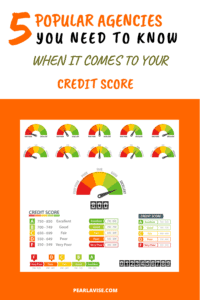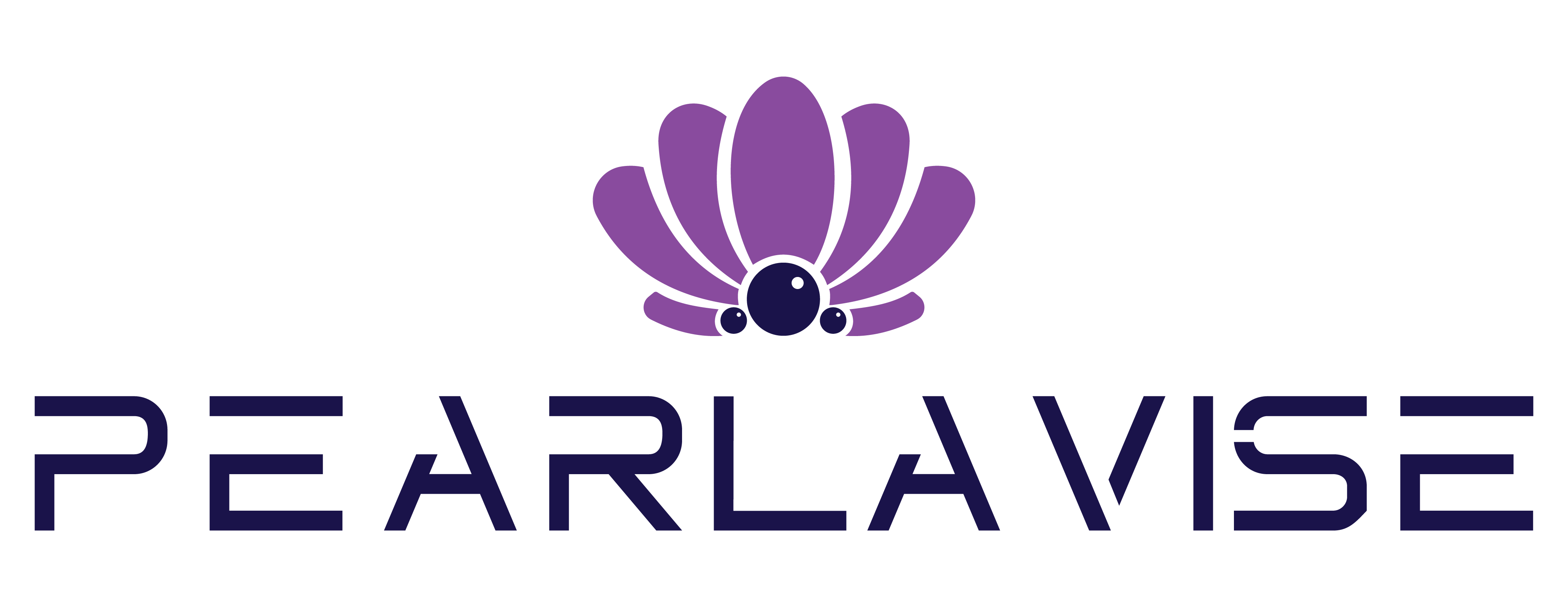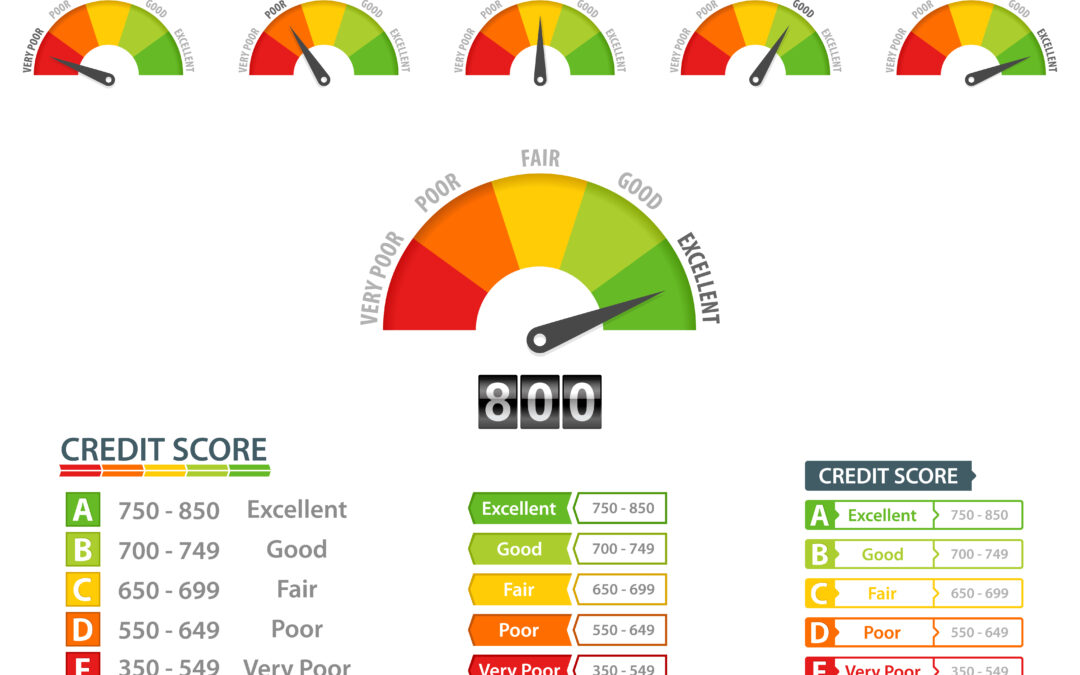This post is about five popular agencies You Need To Know When It Comes To Your Credit Score. Countless companies use these agencies to help determine your creditworthiness.
As I sought to get out of debt and gain financial freedom, I had to do some credit repairing; therefore, I had to work with the three (3) major credit bureaus and understand how other agencies collaborate with each other to verify my credit worthiness.
I found wrong addresses, incorrect names, and delinquencies payoff on my report, which affected my credit score. When your credit score is low, there is a great chance that you will receive a high-interest rate when you are approved for a loan.

Equifax, Experian, TransUnion, FICO, and Credit Karma are agencies that look and collect data and use several factors to determine your credit score. They reveal the type of risk you might be to the lender, employer, landlord, and other organizations that might check your credit. The common denominator that these agencies share is information about your creditworthiness.
They collect information that comes from the five major companies to determine your credit score and creditworthiness. Your personal information is stored in their database for companies to review when you apply for credit.
This post is all about five popular agencies You Need To Know When It Comes To Your Credit Score.
A credit score is a three-digit numerical number those lenders use to assess a person’s trustworthiness. When lending money to you, the lender’s goal is to minimize risks, prevent losses, to evaluate who qualifies, for how much, and what interest rate to charge you. Keep in mind that the lender is also out to make a profit. They also examine your “debt to income” (DTI) ratio. This is when your debt exceeds your income. When this happens, there is a 95% chance that you will be denied. To understand DTI in detail, consider reading the post regarding Consolidated Credit.
Equifax, Experian, and TransUnion
These three major credit agencies collect and store personal data about you that lenders can retrieve when you apply for a loan to determine whether you are a high or low-risk asset.
Even though these agencies retain your personal data, they are required by law, when requested, to provide you with a free copy of your credit report annually from each of these bureaus. You should take advantage of this and check what is on your credit report. According to the federal and state laws, you can call or write and dispute any inaccurate information you discover listed in your credit file.
- Equifax– www.equifax.com. P.O. Box 740241, Atlanta, GA 30374-0241. 1-800-685-1111.
- Experian– www.experian.com. P.O. Box 2104, Allen, TX 75013-0949. 1-888-EXPERIAN (397-3742)
- TransUnion– www.transunion.com. P.O. Box 1000, Chester, PA 19022. 1-800-916-8800.
These bureaus reveal the details of your credit history. For example, you will find information about yourself, the companies you owe, opened and closed accounts, payment history, total accounts, and more.
FICO and Credit Karma reveal your credit score and apply various factors to assess scores that could increase or decrease your credit score. While Credit Karma collects data from two (Equifax and TransUnion) of the three major bureaus to determine your credit score, your FICO score might differ based on the credit bureau; the report is being retrieved from and what scoring method is being used.
FICO
The abbreviation stands for Fair Isaac Corporation (FICO). It is not a credit repair company. It is a data analytics company located in the United States and other countries. It is a data analytics company based in San Jose, California, focused on credit scoring services. Bill Fair and Earl Isaac founded the FICO scoring system in 1956.
The FICO credit score, a measure of consumer credit risks, has become a fixture of consumer lending in the United States. The FICO credit scoring system is a standard process used by most banks, lenders, and credit issuers to determine their risk on individuals applying for credit.
If you are the primary credit card or account holder, you can check your FICO score with the following companies, Navy Federal Credit Union (NFCU), American Express, Bank of America, Citi, Discover, or Wells Fargo. 850 is the highest FICO score you can get. The higher your FICO score is, the better your chances of getting lower interest rates and payments when applying for a loan.
According to the excerpt displayed on the NFCU’s app, two key factors can majorly impact your score.
Key Factors Affecting Your FICO Score
1. Serious Delinquency
FICO scores consider the presence of serious delinquency (very late payment) on a person’s credit report as a powerful predictor of future payment risk. Your score was impacted b/c your credit report shows one or more serious delinquencies or another serious derogatory indicator, such as a bankruptcy.
People with previous past due payments are more likely to pay late in the future and tend to be viewed as risky to lenders. Most late payments stay on a person’s credit report for up to seven years. However, as an item ages, its impact will gradually decrease.
2. No Recent Revolving Balance
FICO Scores consider whether a person’s credit report shows recent balances on revolving and/or open-ended accounts. Your FICO Score was impacted because you are not currently demonstrating active revolving and/or open-ended credit management.
People who show moderate and conscientious use of revolving and/or open-ended accounts, such as having low balances and paying them on time, demonstrate responsible financial behavior. Lenders tend to view people without recent credit activity on these accounts as a higher risk.
Besides these two factors, there are three factors that impact your credit score.
{RELATED POST: “6 ESSENTIAL CATEGORIES YOU MUST UNDERSTAND TO BUILD A BETTER CREDIT SCORE”}
Credit Karma
It is an online website where you can access your credit report for free daily. It is easy to understand and navigate. Credit Karma also allows you to see the major categories that affect your credit score and briefly explains what increases or decreases your credit score.
This post is all about five popular agencies You Need To Know When It Comes To Your Credit Score. Know the agencies that are collecting your personal data and who play a major part in personal finance.


Recent Comments